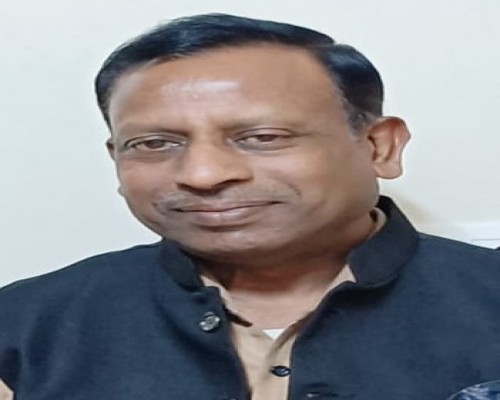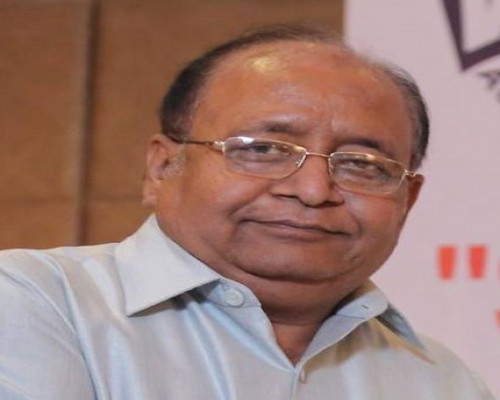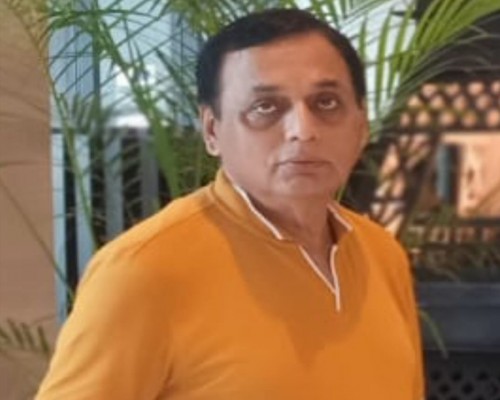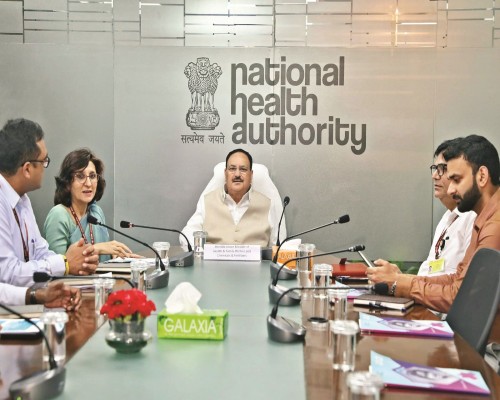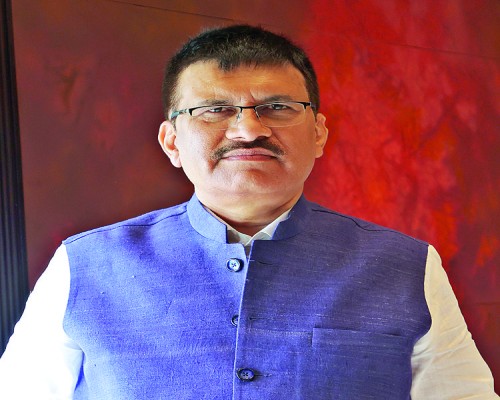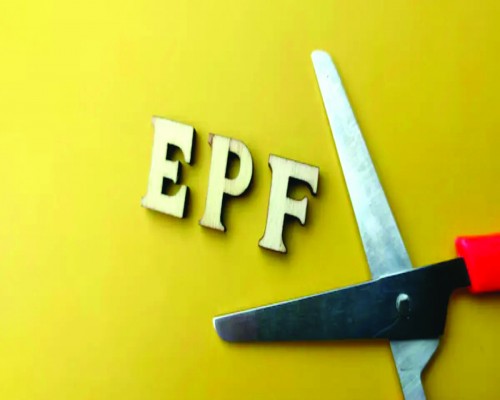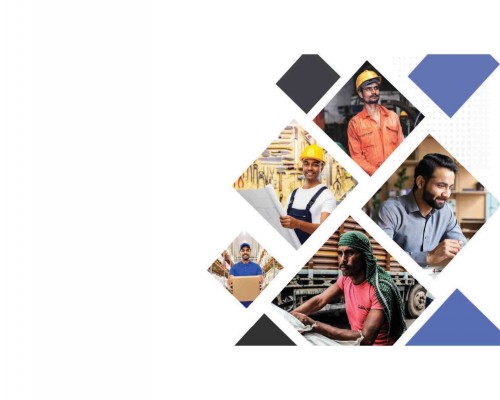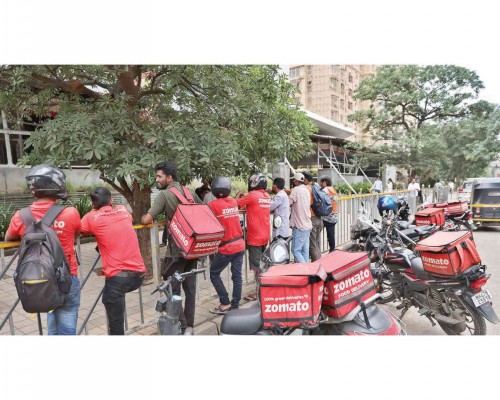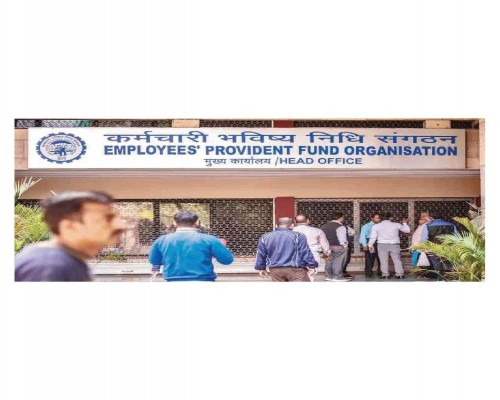India and Malta: A Legacy of Friendship, A Future of Promise
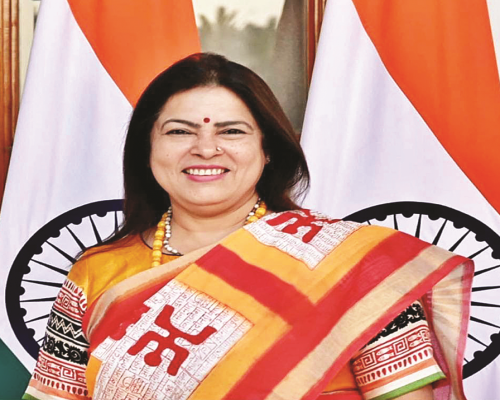
Meenakashi Lekhi
Former Minister of State for External Affairs and Culture, Government of India
As India and Malta celebrate 60 years of diplomatic relations, I take immense pride in reflecting on the strong and vibrant partnership that our two nations share. Having had the privilege of visiting Malta as Minister of State for External Affairs & Culture, I have witnessed firsthand the depth of our historic ties, the warmth of the Maltese people, and the immense potential for future cooperation.
Malta, a nation steeped in history and culture, has long been a bridge between continents, embodying the spirit of resilience and global engagement. Similarly, India, with its rich heritage and dynamic growth, has always sought to strengthen its friendships across the world. Our bilateral ties are not merely transactional; they are a testament to shared values, a common commitment to peace, and a vision for a better, more interconnected world.
India was one of the first countries to recognize Malta’s Independence in 1964 and establish diplomatic relations with it on 10 March 1965, however, our people-to-people interactions date back much earlier. Malta’s historical connection to India can be traced to the British colonial period when Indian soldiers and traders found their way to the Mediterranean island. The bonds of history, therefore, have been strengthened over generations, creating a sense of familiarity and goodwill between our nations.
During my visit to Malta, I had the opportunity to witness the rich cultural exchanges that continue to shape our relationship. India’s classical arts, yoga, and philosophy have found enthusiastic admirers in Malta, just as Maltese architecture, literature, and traditions are appreciated in India. Our two countries share a deep reverence for heritage, as reflected in our commitment to preserving UNESCO World Heritage sites and promoting cultural diplomacy.
In this regard, the work of the Indian diaspora in Malta deserves special recognition. Their contributions to the economy, academia, and society have been instrumental in strengthening India-Malta relations at the grassroots level. Their efforts in fostering cultural exchanges, celebrating Indian festivals, and promoting mutual understanding have added an invaluable dimension to our diplomatic engagement.
Beyond cultural ties, India and Malta have developed robust economic and trade relations. Malta, with its strategic location at the crossroads of Europe, Africa, and the Middle East, serves as an important gateway for Indian businesses. From pharmaceuticals to information technology, financial services to maritime trade, Indian enterprises are increasingly finding opportunities in Malta’s dynamic economy.
During my interactions with Maltese leadership, I sensed a strong desire to expand trade and investment between our nations. The signing of bilateral agreements in areas such as tourism, investment, and education has paved the way for deeper engagement. As we look to the future, our economic partnership must focus on emerging sectors, including digital technology, fintech, renewable energy, and artificial intelligence—domains where both India and Malta have demonstrated remarkable progress.
Malta’s proactive approach to digital innovation presents an exciting avenue for collaboration with India’s thriving tech ecosystem. As we navigate the challenges of the 21st century, particularly in the realm of cybersecurity, artificial intelligence, and sustainable development, our partnership can serve as a model for cooperation between small yet highly advanced economies like Malta and large, emerging powerhouses like India.
India and Malta have also worked closely in multilateral forums, reinforcing our commitment to a rules-based international order. As members of the United Nations and the Commonwealth, we share common aspirations for global peace, sustainable development, and international cooperation. Malta’s recent election to the United Nations Security Council (UNSC) for the 2023–2024 term provided yet another opportunity for our two nations to collaborate on pressing global issues, including climate change, maritime security, and counterterrorism.
India, as a strong advocate for multilateralism, deeply values Malta’s support in various international initiatives. As we both aspire to shape a fairer, more inclusive global governance structure, our partnership within global institutions will remain a key pillar of our diplomatic engagement.
As we celebrate this milestone in India-Malta relations, I firmly believe that our shared history and strong diplomatic foundation will lead us toward even greater collaboration. The future of this partnership lies in deepening people-to-people ties, leveraging technological advancements, and fostering educational exchanges that empower our youth.
In particular, I encourage greater academic collaboration between Indian and Maltese universities. Student exchanges, research partnerships, and joint initiatives in higher education will help nurture the next generation of global citizens who understand and appreciate the strengths of both nations.
Moreover, as the world grapples with environmental challenges, India and Malta must work together to promote sustainability. Whether it is through joint initiatives in renewable energy, green technology, or climate resilience, our cooperation can contribute significantly to the global fight against climate change.
My visit to Malta left an indelible mark on me, reaffirming my belief that diplomacy is not just about policies and agreements but about relationships built on trust, respect, and shared aspirations. As we look forward to the next 60 years of India-Malta relations, let us continue to build on this foundation, forging new paths of cooperation that benefit both our nations and the world at large.



